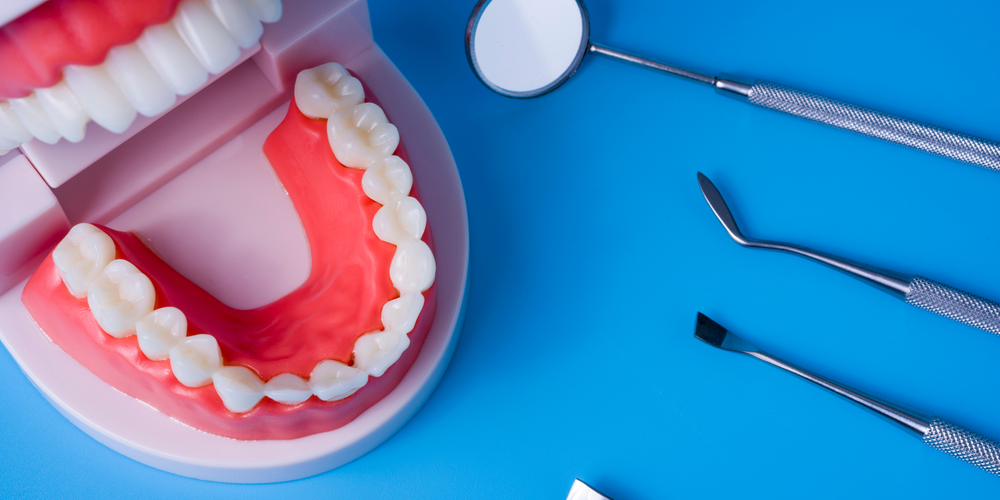Science plays a huge part in the development of new medical and dental treatments and medications; without scientific research, trials to determine positive and negative effects of certain medications and techniques would not be possible and we could be using treatments that are ineffective and potentially harmful.
Science is more evident in the field of dental health than ever before, with companies and advertisers branding their products with scientific tag lines and publishing the results of scientific trials on the front of their toothpastes or mouthwashes.
The array of oral hygiene products on offer in supermarkets and chemists is largely due to advances in science and technology, as the results of trials are used to develop new products and treat everyday problems.
Whitening toothpaste is perhaps the most common example of science on the shelves; the number of people that buy toothpaste on the grounds that it has been scientifically proven to lighten the colour of their teeth, is considerable.
Dentists have welcomed the advances in oral hygiene products as they help to protect patients’ teeth and gums from harmful oral health conditions, including gum disease and tooth decay.
Dentists frequently recommend specific types of product to patients; for example, they may recommend toothpastes that are designed for sensitive teeth to patients that complain about experiencing pain when their teeth are exposed to hot and cold foods and drinks.
Science is advancing everyday and it will continue to change the way dentistry is practised right across the world. Dental health has been proven to be essential for good general health, so developing new treatments and medications is integral to maintaining national and international standards of general and dental health.

